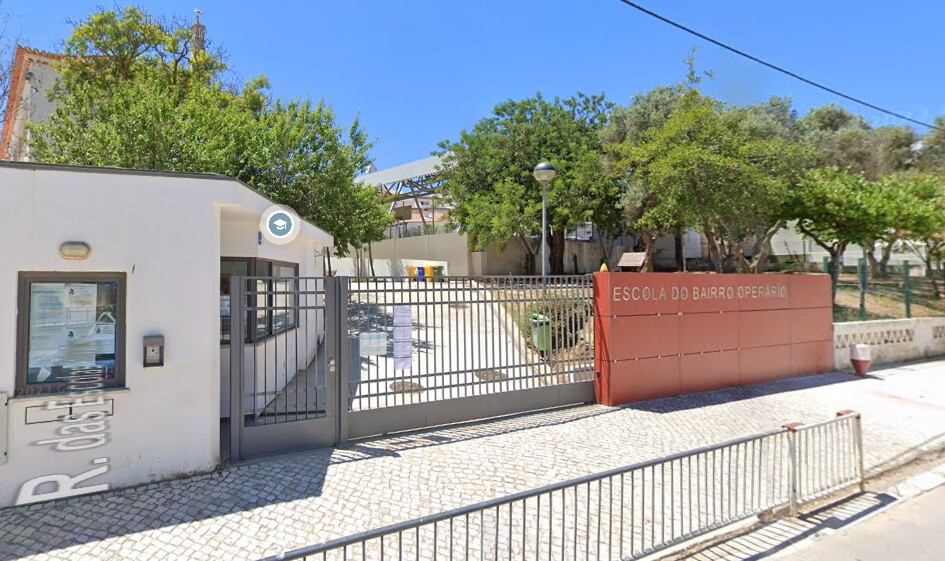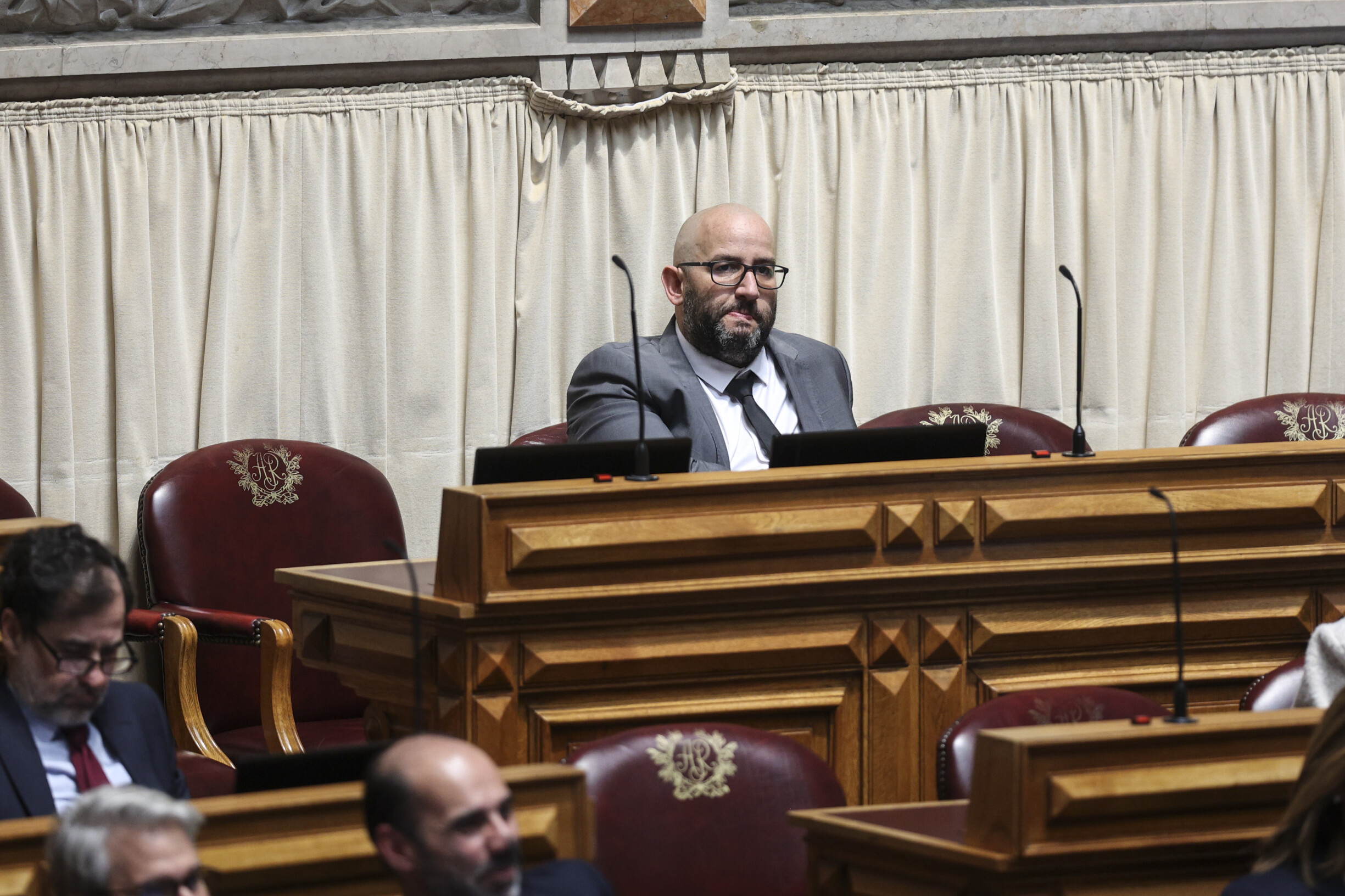Summary:
Jorge Bernardes de Melo, the instruction judge, criticized for prioritizing defendants' statements over evidence.
Lisbon Court identifies indications of corruption and other crimes in the ongoing investigation.
The judge's role is to critically assess claims, not accept vague assertions from the MP.
Court emphasizes potential crimes including passive corruption and abuse of power.
Only recognizes the risk of flight as a significant concern among the MP’s claims.
Overview of the Case
The criminal instruction judge, Jorge Bernardes de Melo, has faced significant criticism from the Public Ministry (MP) for allegedly placing too much weight on the statements of the defendants over the evidence supporting claims of criminal activity. However, the Lisbon Court of Appeal countered this view, indicating that the judge did not solely rely on the defendants' testimonies but also considered witness statements to justify his decisions regarding coercive measures.
Allegations of Corruption
One of the key issues raised was the sponsorship of Custódio Correia towards the activities of the former president of the Funchal City Council during a rally, which the MP deemed suspicious. Nevertheless, the court noted that at the time of the judicial interrogation, the three defendants were not strongly indicated for the alleged scheme involving Pedro Calado and Custódio Correia.
Role of the Judge
The court emphasized the importance of the judge's role in the inquiry phase according to national criminal procedure, stating that it does not require an uncritical validation of the MP's claims. The judge must adhere to the law and the Constitution, avoiding vague or generic assertions from the MP.
Findings of the Court
The Lisbon Court of Appeal concluded that the evidence available did not support the imposition of coercive measures beyond what was previously established. The court recognized various suspect practices among individuals in public and private sectors, indicating potential involvement in passive corruption, misuse of power, and other financial crimes. However, it only recognized the risk of flight as a significant danger among the concerns raised by the MP.
Conclusion
The court's decision reflects a complex landscape of judicial scrutiny, highlighting the balance between prosecutorial claims and judicial evidence evaluation in cases of alleged corruption.










Comments
Join Our Community
Create an account to share your thoughts, engage with others, and be part of our growing community.